Special
What is femtech and why does it matter?
The femtech industry is not only focused on product development but also on addressing the gender gap in healthcare

Femtech is a term used to describe the use of technology to improve women’s health and wellness.
This rapidly growing industry is focused on addressing the specific health needs and concerns of women, including reproductive health, fertility, menstruation, pregnancy, breastfeeding and menopause.
Femtech is a relatively new term, coined in 2016 by Ida Tin, the founder of Clue, a popular menstrual cycle tracking app.
Since then, the femtech industry has exploded, with hundreds of start-ups and established companies developing innovative products and services to improve women’s health and wellness.
According to a FemTech Analytics report, femtech hit £13bn in total industry funding in 2022 compared to less than £3m invested in femtech start-ups in 2009.
One of the primary goals of femtech is to help women better understand their bodies and make informed decisions about their health. This includes developing technologies to track and monitor menstrual cycles, ovulation and fertility and improve maternal health.
Other areas of focus for femtech include contraception, abortion care, oncology, menopause as well as mental health.
However, the femtech industry is not only focused on product development but also on addressing the gender gap in healthcare.
Historically, medical research has been heavily focused on men, and women’s health concerns have often been overlooked or dismissed.
By developing products and services specifically designed for women and advocating for greater inclusion of women in medical research, femtech companies are working to address the unique health needs and concerns of women and improve their overall quality of life.
Special
HIV research paves way for new ovarian cancer therapies

HIV research has identified a new target for ovarian cancer by selectively blocking a cleft in the retinoblastoma protein that protects tumour-supporting macrophages.
The discovery could make ovarian – and potentially other – cancers more responsive to immunotherapies, treatments that use the body’s immune system to fight disease.
Scientists at the Wistar Institute found that targeting a specific cleft in the retinoblastoma protein removed only tumour-supporting macrophages while sparing those that fight disease.
Macrophages are immune cells that can either attack tumours or shield them from harm.
The work builds on decades of HIV studies led by Dr Luis Montaner, executive vice president of the Wistar Institute and director of its HIV Cure and Viral Diseases Center.
Montaner said: “This target emerged from our work understanding how macrophages survive HIV infection.
“It shows how insights from one field of medicine can inform breakthroughs in another.”
Targeting tumour-protecting macrophages without harming beneficial ones has long been a challenge.
Wistar researchers showed that selectively inhibiting this protein cleft depleted only tumour-supporting macrophages, leaving protective immune cells intact. Animal studies confirmed tumour shrinkage using this approach.
Montaner said: “This is a first-in-kind target against a solid tumour.
“It opens new avenues for therapies that could complement existing immunotherapies.”
The study highlights the value of long-term, cross-disciplinary research. It took more than 10 years from the initial HIV-linked finding to identifying this cancer target.
Next steps include exploring applications in acute myeloid leukaemia, pancreatic cancer and combination therapies.
News
US incineration of contraceptives denies 1.4m African women and girls lifesaving care, NGO says
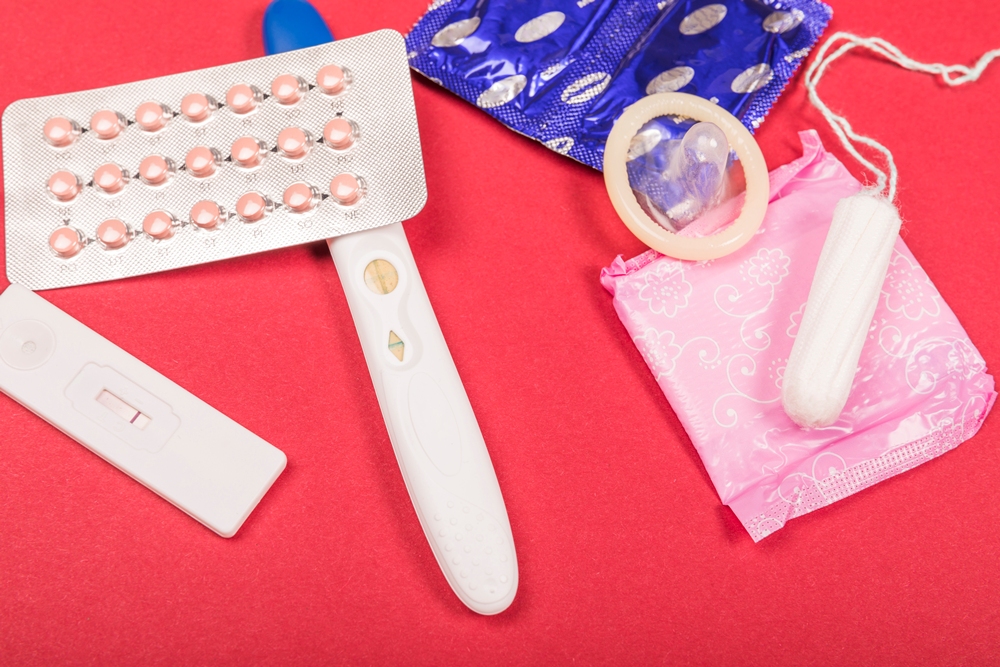
The US decision to incinerate US$9.7m worth of contraceptives is expected to result in 174,000 unintended pregnancies and 56,000 unsafe abortions across five African countries.
The medical supplies, many of which were not due to expire until between 2027 and 2029, would have supported more than 1.4 million women and girls in the Democratic Republic of Congo, Kenya, Tanzania, Zambia and Mali.
The products had already been manufactured, packaged and prepared for delivery. Around 77 per cent were earmarked for distribution in the five African nations.
The International Planned Parenthood Federation (IPPF), a global healthcare provider and advocate for sexual and reproductive rights, offered to take the contraceptives for redistribution at no cost to US taxpayers. The offer was declined.
IPPF said the decision would deny women and girls in the affected countries access to lifesaving care.
Tanzania will be hardest hit, losing more than 1 million injectable doses and 365,100 implants – small devices inserted under the skin that release hormones to prevent pregnancy.
This amounts to 28 per cent of the country’s total annual contraceptive need.
Dr Bakari, project coordinator at Umati, IPPF’s member association in Tanzania, said: “We are facing a major challenge.
“The impact of the USAID funding cuts has already significantly affected the provision of sexual and reproductive health services in Tanzania, leading to a shortage of contraceptive commodities, especially implants.
“This shortage has directly impacted clients’ choices regarding family planning uptake.”
In Mali, women will lose access to 1.2 million oral contraceptive pills and 95,800 implants, nearly one-quarter of the country’s annual requirement.
In Zambia, 48,400 implants and 295,000 injectable doses will no longer be available. In Kenya, 108,000 women will go without contraceptive implants.
Marie Evelyne Petrus-Barry, IPPF’s Africa regional director, called the move “appalling and extremely wasteful”.
She said: “These lifesaving medical supplies were destined to countries where access to reproductive care is already limited, and in some cases, part of a broader humanitarian response, such as in the DRC.
“The choice to incinerate them is unjustifiable.”
In Kenya, the cuts compound an already strained system.
Nelly Munyasia, executive director of the Reproductive Health Network in Kenya, said stocks of long-term contraceptives had already run out, and warned of further consequences.
She said: “There is a 46 per cent funding gap in Kenya’s national family planning programme,.
“These systemic setbacks come at a time when unmet need for contraception remains high. Nearly one in five girls aged 15 to 19 are already pregnant or has given birth.
“Unsafe abortions remain among the five leading causes of maternal deaths in Kenya.”
Munyasia also warned that health workers’ skills are being eroded and said a lack of contraceptive access would increase maternal deaths as more women seek unsafe abortions.
While Kenya’s 2010 constitution allows abortion when a pregnant person’s life or health is at risk, the 1963 penal code still criminalises the procedure.
As a result, healthcare providers often avoid offering abortion care, even in emergencies.
A US state department spokesperson confirmed last month that the decision to destroy the supplies had been authorised.
Reports indicated the products were to be incinerated in France, prompting the French government to say it was “following the situation closely” following objections from rights and family planning groups.
The state department said the contraceptives could not be sold or donated to “eligible buyers” due to US legal restrictions, which prohibit foreign aid to organisations that provide abortion services, counsel on abortion, or advocate for abortion rights overseas.
Ageing
Gates foundation pledges $2.5bn to ‘ignored’ women’s health issues

The Gates Foundation will invest US$2.5bn in women’s health research by 2030, it announced on Monday, focusing on conditions from preeclampsia to menopause.
The pledge is around one-third more than the foundation spent on women’s and maternal health research and development over the past five years.
It is also among the first major commitments since Bill Gates said he would give away his US$200bn fortune by 2045.
Gates said: “Women’s health continues to be ignored, underfunded and sidelined. Too many women still die from preventable causes or live in poor health,” said Gates.
“That must change.”
The new funding will support research into under-studied conditions affecting hundreds of millions of women in both high- and low-income countries.
These include preeclampsia – a pregnancy complication that causes high blood pressure – and gestational diabetes, as well as heavy menstrual bleeding, endometriosis and menopause.
Investment will focus on five priority areas: obstetric care and maternal immunisation; maternal health and nutrition; gynaecological and menstrual health; contraceptive innovation; and research into sexually transmitted infections.
The aim is to kickstart research, develop new products, and ensure equitable global access to treatments.
Just one per cent of healthcare research and innovation spending goes to female-specific conditions beyond cancer, according to a 2021 analysis by McKinsey & Co.
Dr Anita Zaidi, the foundation’s head of gender equality, said the field has been held back by data gaps and bias.
She noted that key questions remain unanswered – including how some medicines interact with the uterus.
She told Reuters: “If you look at the literature, there may be only 10 women who’ve been studied, ever.
“We don’t even have the answers to these basic questions.”
Zaidi said the US$2.5bn pledge is a “drop in the bucket” compared to what is needed, and called on governments, philanthropists and the private sector to step in.

 News4 days ago
News4 days agoDozens of women report suffering painful burns after using Always sanitary towels
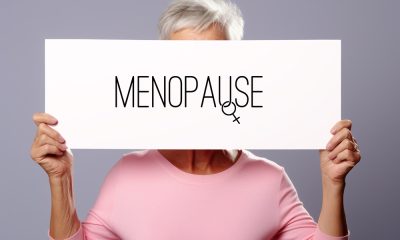
 Hormonal health3 weeks ago
Hormonal health3 weeks agoFDA plans to revise black box warning on menopause hormone therapies

 News2 weeks ago
News2 weeks agoAI-powered women’s health companion Nexus launches in UK

 News1 week ago
News1 week agoWomen’s health innovations recognised in TIME’s Best Inventions 2025
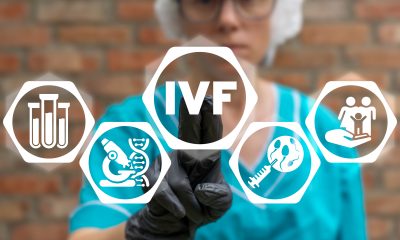
 Hormonal health3 weeks ago
Hormonal health3 weeks agoScientists turn human skin cells into eggs in IVF breakthrough

 News3 weeks ago
News3 weeks agoDaily pill could delay menopause ‘by years,’ study finds

 News3 weeks ago
News3 weeks agoAncient herb to modern must-have: Why ashwagandha is capturing UK women’s attention

 News2 weeks ago
News2 weeks agoMenstrual cycle affects women’s reaction time, study finds














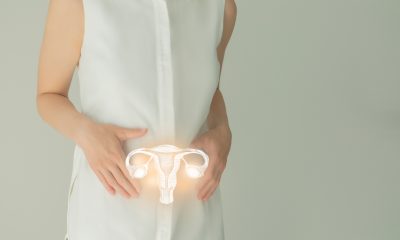

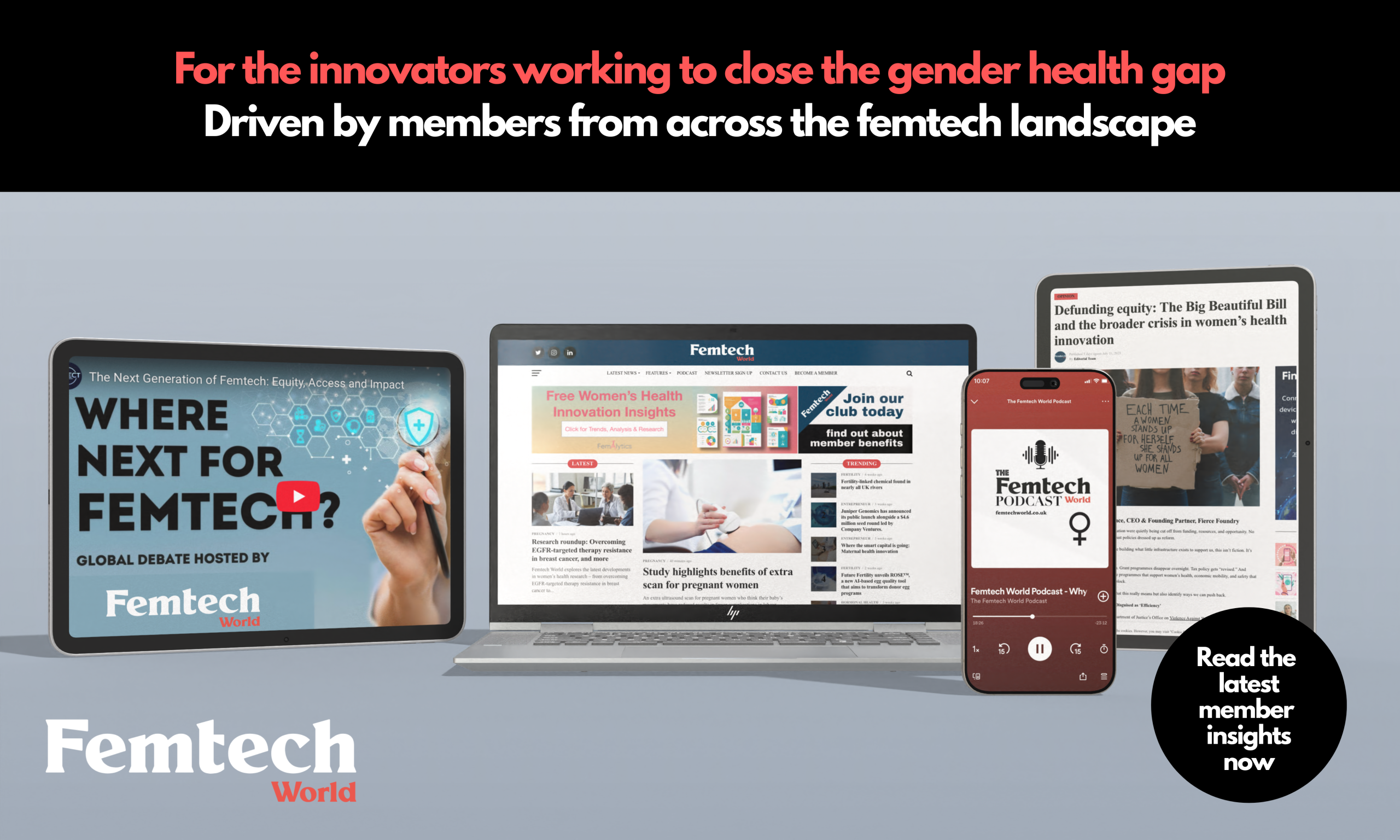













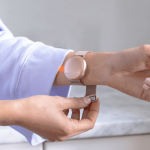
Pingback: What the Silicon Valley Bank UK’s HSBC rescue deal could mean for start-ups - FemTech World
Pingback: Establishment Labs announces new partnerships to expand breast reconstruction technology - FemTech World
Pingback: Seven effective strategies to promote your femtech brand - FemTech World
Pingback: Regulating femtech: how embracing regulatory oversight can enhance women’s health innovation - FemTech World